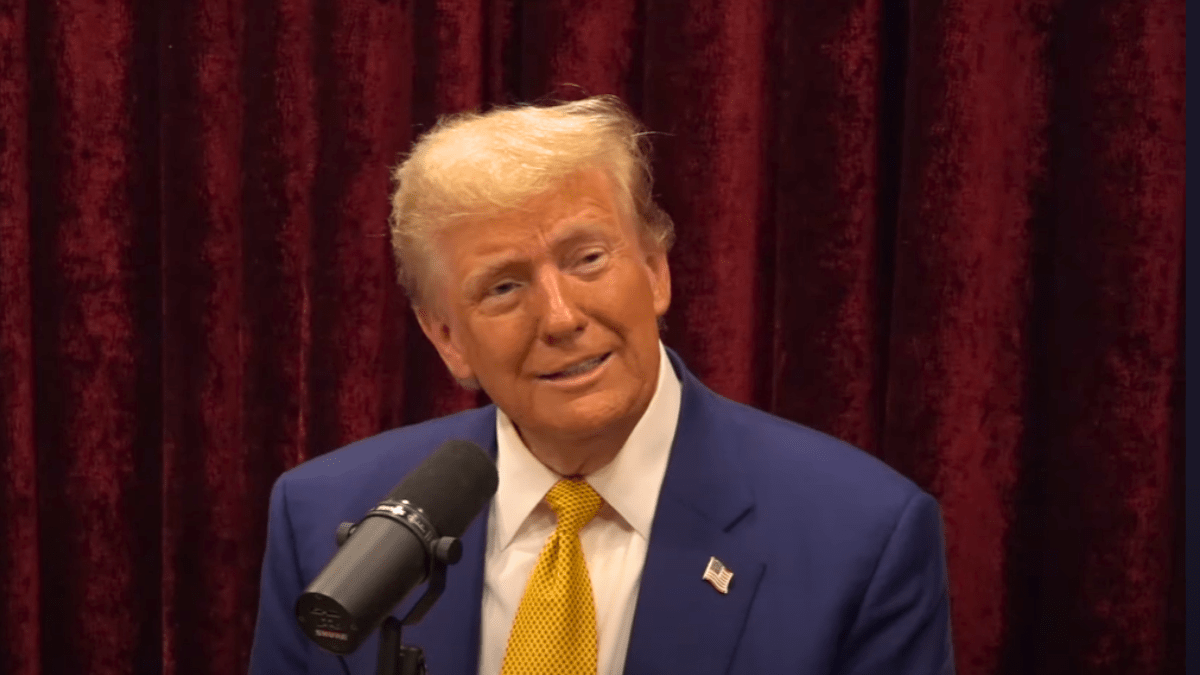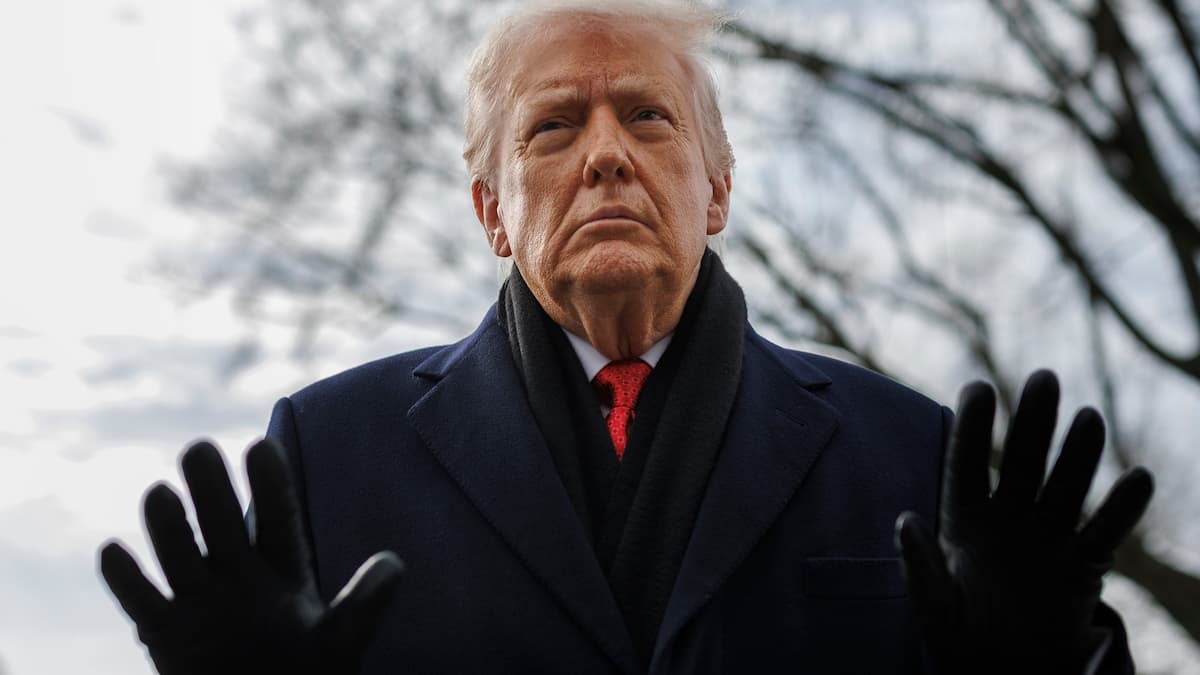If you plan on moving out of the U.S. after Donald Trump returns to office, he might ironically make it easier on your wallet. Of course, that’s assuming we can count on Trump to make good on a campaign promise, and as he’s already going back on his pledge to drop grocery prices, don’t hold your breath.
Trump has spoken about lessening the tax burden of Americans living abroad on several occasions. “I support ENDING the double-taxation of overseas Americans!” wrote Trump in a statement encouraging Americans living outside of the country to register to vote. He said similarly while making a speech at the Detroit Economic Club prior to the election. According to AP, Trump promised that he would “take very good care of” expats who choose to vote for him. “Once and for all, I’m going to end double taxation on our overseas citizens,” said the now president-elect, with his usual characteristic way with words. “You’ve been wanting this for years, and nobody has listened to you. And you deserve it. And I’m going to do it.”
Aside from that speech giving Kronk in The Emperor’s New Groove — “The poison for Kuzco … Kuzco’s poison.” — it also doesn’t give any information on how Trump plans to do away with overseas taxation.
He’s not wrong to say that paying taxes is a thorn in the side of many Americans living overseas. In fact, a 2024 survey conducted by Greenback Expat Tax Services found that roughly 75% of U.S. expats thinking of renouncing their American citizenship were considering it due to tax burdens. U.S. expats are taxed under the same income tax code as citizens residing in the U.S., regardless of where they earned their income or whether they paid taxes on it in their country of residence. Most other countries have a residence-based tax instead of a citizenship-based tax, making the U.S. an outlier when it comes to how it handles expat taxation.
It’s an ”excessively complicated” system according to a Bloomberg article written by economist Tyler Cowen (accessed via The Japan Times). I can’t help but agree with Cowen, though I don’t share his optimism that Trump’s tax cuts for U.S. expats will benefit America at large rather than select wealthy Americans. “If this system were reformed,” Cowen writes, “Americans would find it easier to work, start companies and manage investments abroad.” A residence-based tax makes more sense for U.S. expats and should definitely be implemented. Making it easier for Americans to work abroad would achieve Trump’s stated goals of boosting U.S. exports and strengthening the dollar better than his beloved tariffs would.
I’m skeptical that Trump would implement this particular campaign promise in a way that would actually help most Americans. Cowen suggests one method to make this change: “One option would have Americans pay regular taxes on interest, dividends and capital gains originating in the U.S., but not owe U.S. tax on the rest of their income.” He emphasizes that this could “discourage very wealthy Americans with a lot of passive U.S. income from setting up residence in low-tax jurisdictions.” It’s for that reason that I can’t see Trump adopting that method. Trump has made his disdain for the poor Americans who voted him into office clear with policies that directly harm those constituents. If anything, I expect his expat tax reform to make it easier for wealthy Americans to pay even less on their overall income. But, hey: I’d love for him to prove me wrong.











Published: Dec 14, 2024 10:29 am